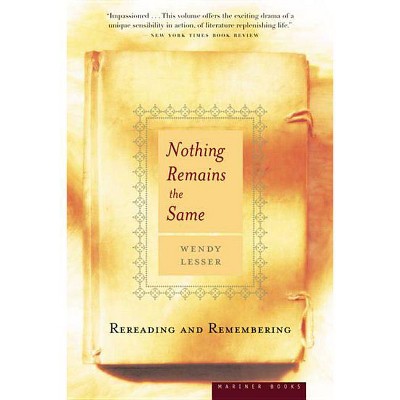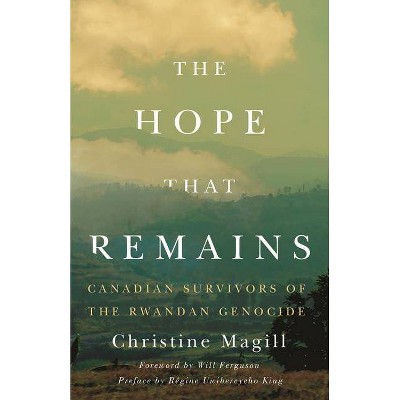Remains of the Everyday - by Joshua Goldstein (Paperback)
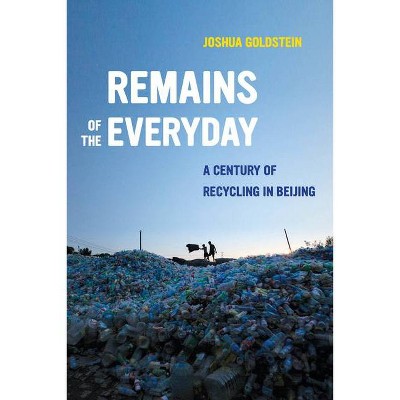
Similar Products
Products of same category from the store
AllProduct info
<p/><br></br><p><b> About the Book </b></p></br></br>"Remains of the Everyday traces the changing material culture and industrial ecology of China through the lens of recycling. Over the last century, waste recovery and secondhand goods markets have been integral to Beijing's economic functioning and cultural identity, and acts of recycling have figured centrally in the ideological imagination of modernity and citizenship. On the one hand, the Chinese state has repeatedly promoted acts of voluntary recycling as exemplary of conscientious citizenship. On the other, informal recycling networks-from the night soil carriers of the Republican era to the collectors of plastic and cardboard in Beijing's neighborhoods today-have been represented as undisciplined, polluting, and technologically primitive due to the municipal government's failure to control them. The result, Joshua Goldstein argues, is the repeatedly re-inscribed exclusion of waste workers from formations of modern urban citizenship as well as the intrinsic liminality of recycling itself as an economic process"--<p/><br></br><p><b> Book Synopsis </b></p></br></br><i>Remains of the Everyday</i> traces the changing material culture and industrial ecology of China through the lens of recycling. Over the last century, waste recovery and secondhand goods markets have been integral to Beijing's economic functioning and cultural identity, and acts of recycling have figured centrally in the ideological imagination of modernity and citizenship. On the one hand, the Chinese state has repeatedly promoted acts of voluntary recycling as exemplary of conscientious citizenship. On the other, informal recycling networks--from the night soil carriers of the Republican era to the collectors of plastic and cardboard in Beijing's neighborhoods today--have been represented as undisciplined, polluting, and technologically primitive due to the municipal government's failure to control them. The result, Joshua Goldstein argues, is the repeatedly re-inscribed exclusion of waste workers from formations of modern urban citizenship as well as the intrinsic liminality of recycling itself as an economic process.<p/><br></br><p><b> From the Back Cover </b></p></br></br>"<i>Remains of the Everyday</i> is an outstanding contribution to the literature on modern China and a brilliant marriage of social and environmental history. From reconstructions of the early twentieth-century junk trade, to excavations of socialist-era waste bureaucracies, and explorations of present-day plastics recycling, Joshua Goldstein shines new light on critical questions of social justice and sustainability."--Sigrid Schmalzer, Professor of History, University of Massachusetts Amherst <p/> "I could not put this book down. This is a riveting account of a century of waste history that too few have heard of and yet nearly everyone in the world has been affected by. The book is not only timely, but it is also breathing new life into the growing literature of discard studies, while highlighting the Chinese state's ambitious approach to waste."--Joshua O. Reno, author of <i>Military Waste: The Unexpected Consequences of Permanent War Readiness</i><p/><br></br><p><b> Review Quotes </b></p></br></br><br>"This is a highly engaging and important book. It provides a rich introduction to a subject that has received only scant attention in historical scholarship. . . . The book is a great achievement. It is sure to reward readers with its astute analysis of recycling at a time when finding solutions to our global environmental crisis could not be more urgent."-- "Technology and Culture"<br><p/><br></br><p><b> About the Author </b></p></br></br><b>Joshua Goldstein </b>is Associate Professor of modern Chinese history at the University of Southern California, and the author of <i>Drama Kings: Players and Publics in the Re-creation of Peking Opera, 1870-1937</i>.
Price History
Price Archive shows prices from various stores, lets you see history and find the cheapest. There is no actual sale on the website. For all support, inquiry and suggestion messagescommunication@pricearchive.us
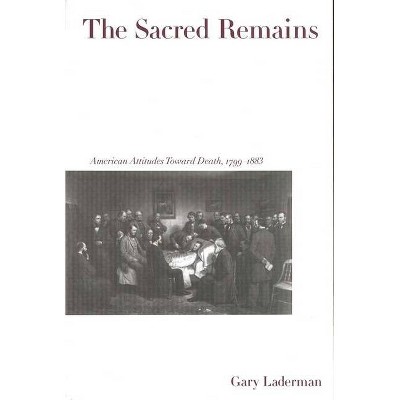
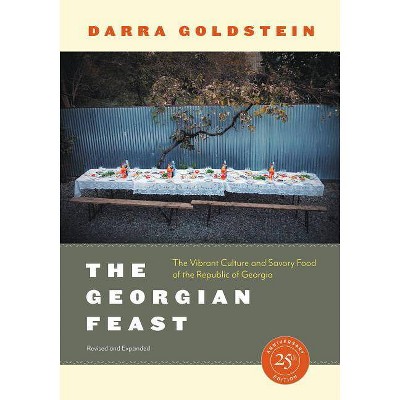
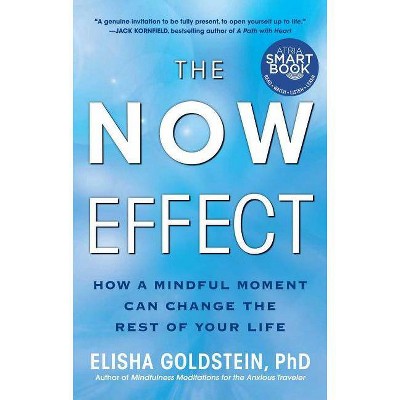

![The Song Remains the Same [CD]](https://pisces.bbystatic.com/image2/BestBuy_US/images/products/2431/2431107_so.jpg)

